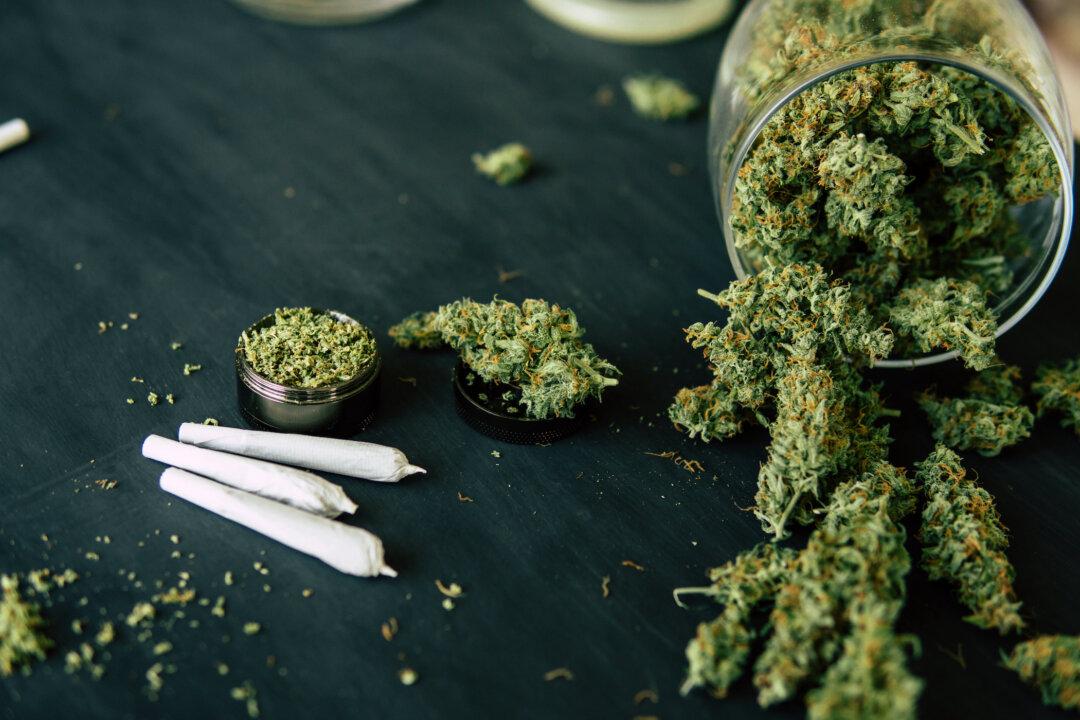The decline of Canada’s legal marijuana trade has led to two-thirds of marijuana dealers falling behind in their tax payments, according to a federal report.
“The total amount of unpaid cannabis excise duties has continuously been rising since legalization,” said a report by the Competition Bureau released May 26.





